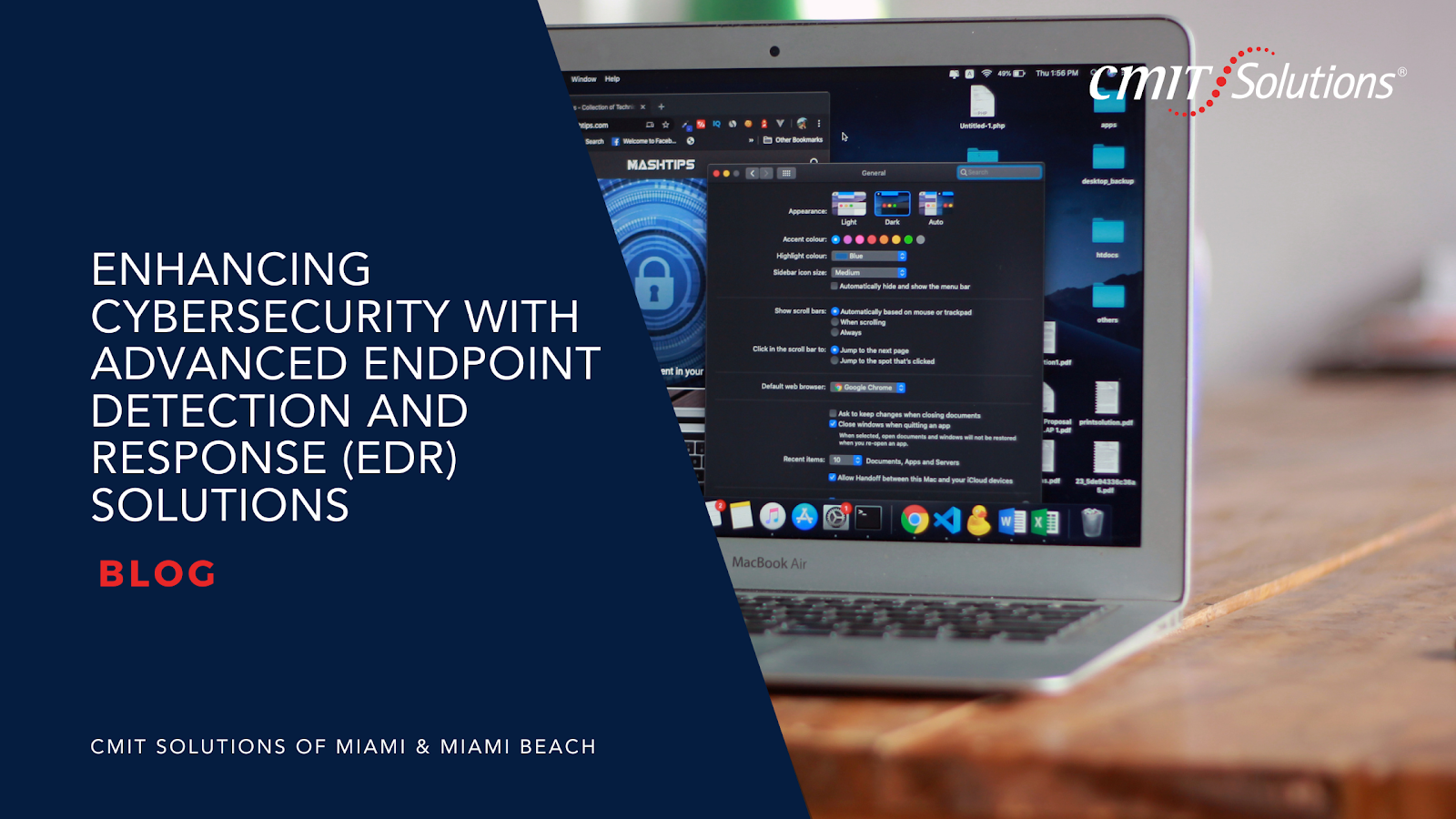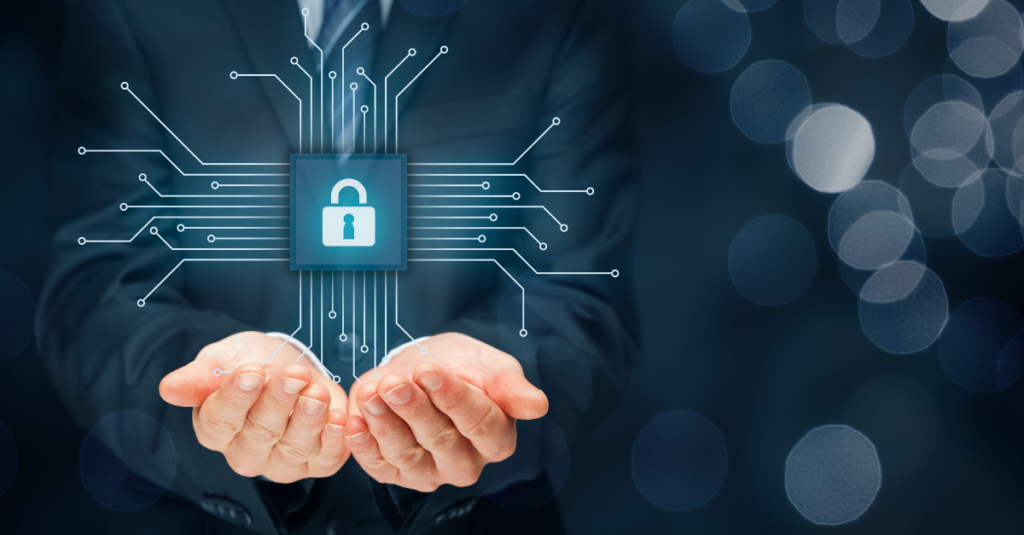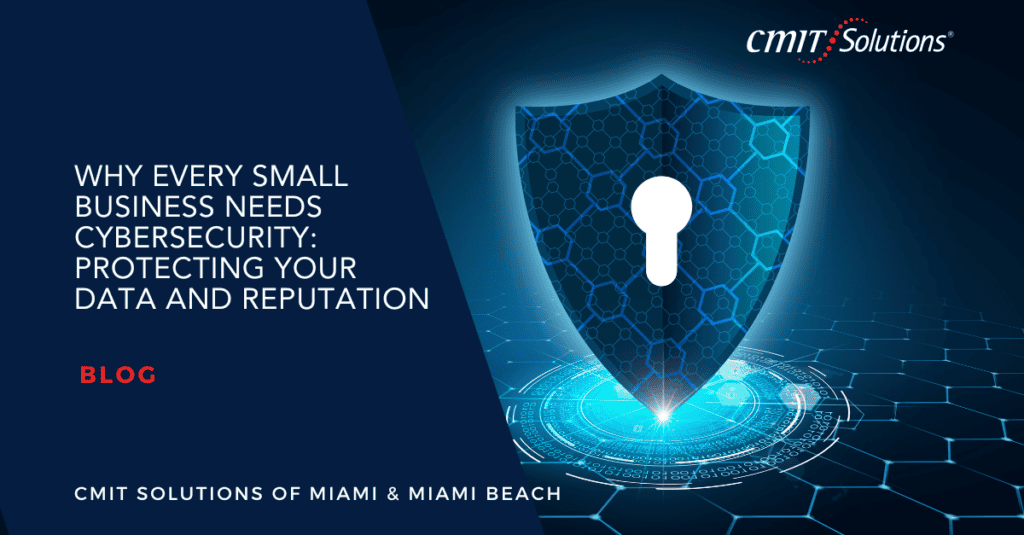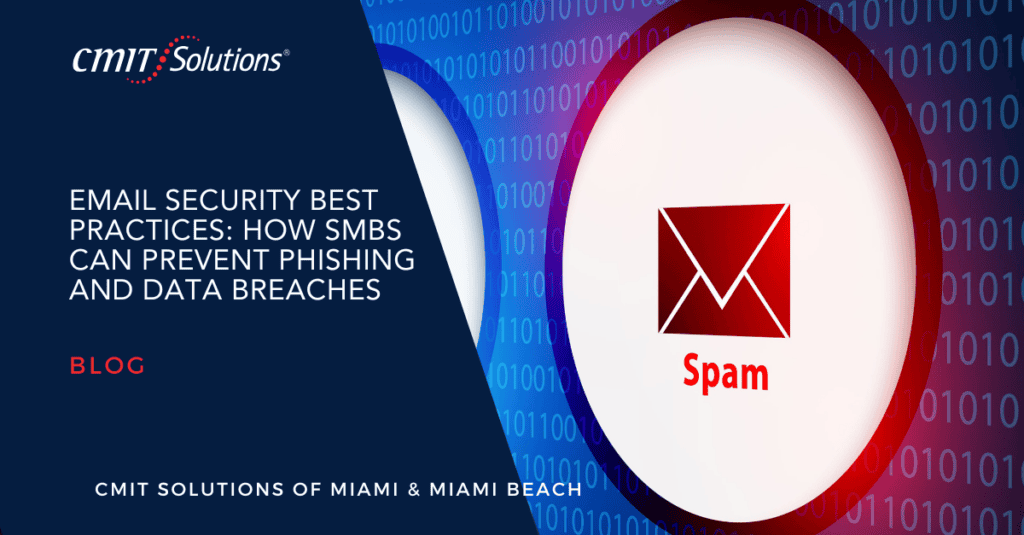Cybersecurity threats are evolving, and businesses in Miami & Miami Beach face increasing risks from ransomware, phishing attacks, and zero-day exploits. As cybercriminals develop more sophisticated attack methods, traditional antivirus and firewall protection are no longer enough.
To strengthen defenses, companies need Endpoint Detection and Response (EDR) solutions that provide real-time threat monitoring, behavioral analysis, and automated response capabilities. By integrating EDR into Cybersecurity Solutions Miami & Miami Beach, businesses can detect and neutralize cyber threats before they cause harm.
This guide explores how EDR enhances security, its key benefits, and best practices for implementation.
Why Businesses Need EDR for Cybersecurity
Endpoints—including workstations, servers, and mobile devices—are prime targets for cybercriminals. Unlike traditional antivirus software, EDR solutions monitor these endpoints continuously, identifying abnormal behaviors and responding to threats in real time.
For companies relying on Managed IT Services Miami & Miami Beach, EDR provides an additional layer of security, helping IT teams respond quickly to potential intrusions.
Key Benefits of EDR
- Real-Time Threat Detection – Identifies suspicious activities before they escalate into full-scale attacks.
- Automated Response – Isolates infected endpoints, preventing malware from spreading.
- Behavioral Analysis – Uses AI-driven analytics to detect unusual patterns, blocking zero-day threats.
- Threat Hunting Capabilities – Allows security teams to proactively search for indicators of compromise.
- Improved Compliance – Ensures businesses meet regulatory requirements for IT Compliance Miami & Miami Beach and data security.
Key Features of Advanced EDR Solutions
1. AI-Powered Threat Detection and Behavioral Analysis
Modern EDR platforms use artificial intelligence to detect sophisticated threats, including fileless malware and ransomware. Instead of relying on traditional signature-based detection, AI models analyze user behavior, network traffic, and file execution patterns to identify suspicious activities.
By integrating AI-powered security into Miami & Miami Beach IT Infrastructure, businesses can proactively prevent cyberattacks rather than reacting after an incident occurs.
2. Automated Incident Response and Containment
One of the most valuable aspects of EDR is its ability to automatically contain threats. If ransomware is detected encrypting files, the EDR system can:
- Isolate the infected device to prevent the spread of malware.
- Roll back unauthorized changes, restoring files to their original state.
- Terminate malicious processes before they cause system-wide damage.
This automation reduces downtime and is a crucial feature for companies that rely on Business IT Support Miami & Miami Beach to maintain continuous operations.
3. Threat Intelligence and Attack Forensics
EDR platforms provide in-depth forensic analysis, helping businesses understand how an attack occurred. This feature includes:
- Log analysis to track attacker movements.
- Visualization tools that display the attack chain.
- Integration with global threat intelligence databases to identify known cybercriminal tactics.
For organizations focused on Data Protection Miami & Miami Beach, EDR’s forensic capabilities are essential for preventing future breaches.
4. Cloud-Based Endpoint Security
With remote workforces and cloud-based applications becoming the norm, securing endpoints beyond the corporate network is critical. Cloud-native EDR solutions:
- Protect employees working from home or traveling.
- Offer centralized visibility into security threats across all devices.
- Work seamlessly with Cloud Services Miami & Miami Beach to secure remote endpoints.
This flexibility is vital for businesses utilizing hybrid work environments and SaaS applications.
How EDR Strengthens IT Security for Miami & Miami Beach Businesses
1. Preventing Ransomware and Malware Attacks
Ransomware has become one of the most damaging cyber threats, locking businesses out of their critical data. EDR solutions detect the early signs of ransomware behavior—such as mass file encryption—and stop the attack before it spreads.
Companies that prioritize Disaster Recovery Miami & Miami Beach can integrate EDR with backup solutions to ensure business continuity after a security incident.
2. Enhancing IT Support and Security Management
For businesses relying on IT Support Miami & Miami Beach, EDR streamlines security management. IT teams can:
- Monitor all endpoints from a centralized dashboard.
- Automate software updates and security patches.
- Respond to security incidents instantly without manual intervention.
This proactive approach improves efficiency and reduces operational risks.
3. Reducing Compliance and Legal Risks
Many industries, including finance and healthcare, have strict regulations regarding data security. Failure to comply with these regulations can result in heavy fines and reputational damage.
By deploying EDR within IT Compliance Miami & Miami Beach frameworks, businesses can:
- Ensure endpoint data is encrypted and protected.
- Generate compliance reports for regulatory audits.
- Detect unauthorized access attempts to sensitive systems.
4. Strengthening Network Security Against Insider Threats
Not all cyber threats come from external hackers. Insider threats—whether intentional or accidental—pose significant risks. EDR helps by:
- Monitoring privileged user accounts for suspicious activity.
- Detecting unauthorized access to critical business systems.
- Preventing employees from downloading unapproved software that may introduce security vulnerabilities.
For businesses focusing on Miami & Miami Beach IT Management, EDR adds a necessary layer of visibility into user behavior.
Best Practices for Implementing EDR Solutions
1. Choose an AI-Driven EDR Solution
Businesses should select EDR platforms that leverage AI for advanced threat detection, reducing false positives while improving accuracy.
2. Integrate EDR with Managed IT Services
For maximum effectiveness, EDR should work alongside Managed IT Provider Miami & Miami Beach to provide continuous monitoring and expert response.
3. Enable Continuous Endpoint Monitoring
Real-time monitoring ensures that potential threats are detected before they cause harm. IT teams should set up automated alerts for high-risk activities.
4. Educate Employees on Cybersecurity Best Practices
Even with advanced security tools, human error remains a leading cause of data breaches. Employee training on phishing scams and safe browsing practices is essential.
5. Regularly Update and Patch Systems
Outdated software is a major security risk. Companies should ensure all endpoints receive timely security patches and software updates.
Conclusion: The Future of Cybersecurity with EDR
Cyber threats are becoming more sophisticated, and businesses must adopt advanced security solutions to stay protected. Cybersecurity Miami & Miami Beach is no longer optional—it’s a necessity.
By implementing Endpoint Detection and Response (EDR), companies can detect, respond to, and prevent security incidents in real time. With features such as AI-driven threat analysis, automated containment, and cloud-based monitoring, EDR is essential for organizations of all sizes.
For businesses looking to enhance their cybersecurity posture, expert guidance is crucial. Miami & Miami Beach IT Consulting services can help organizations deploy and manage EDR solutions effectively.
Secure your business today—contact a trusted IT provider to learn how EDR can protect your endpoints and prevent cyber threats.






